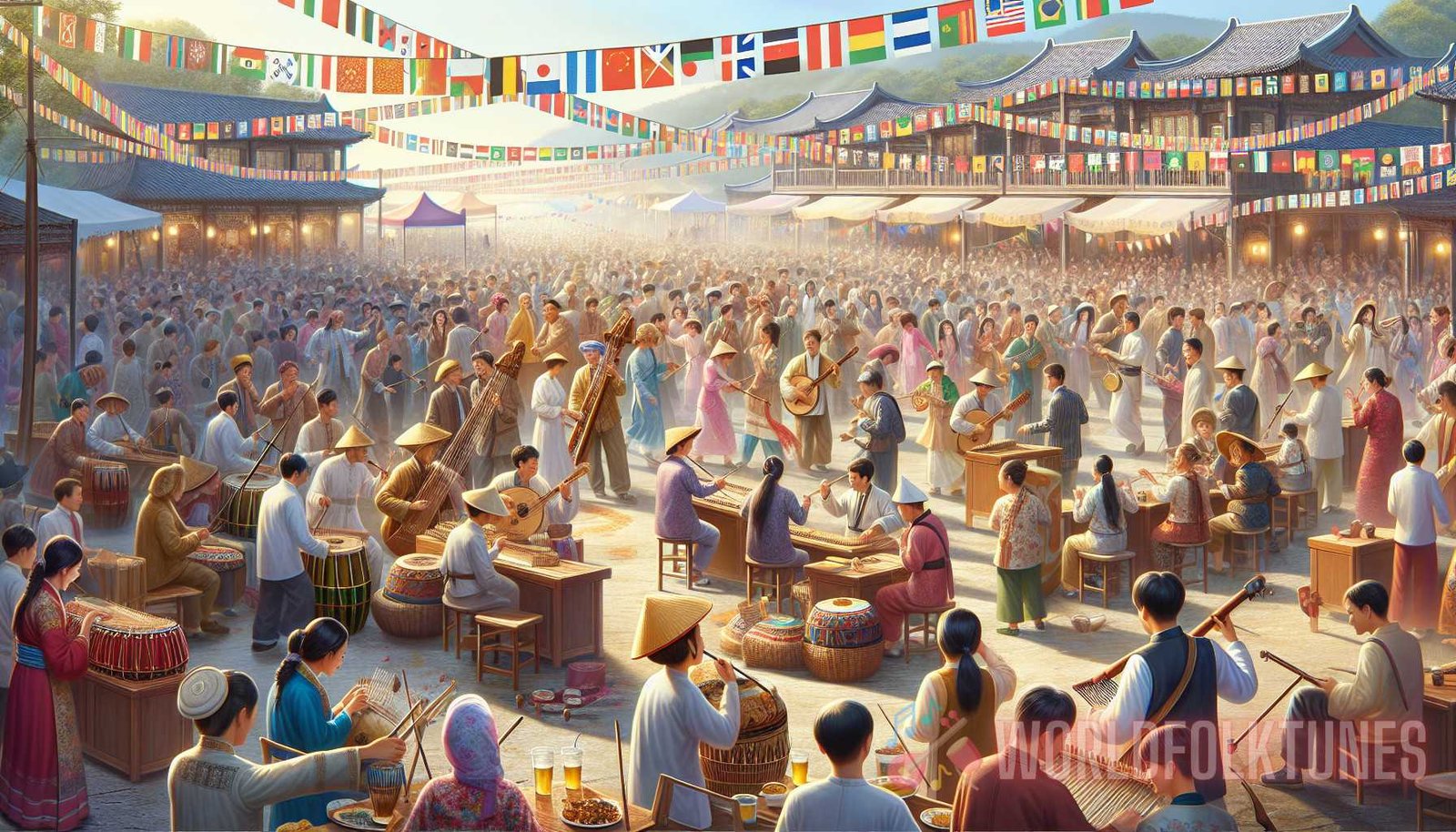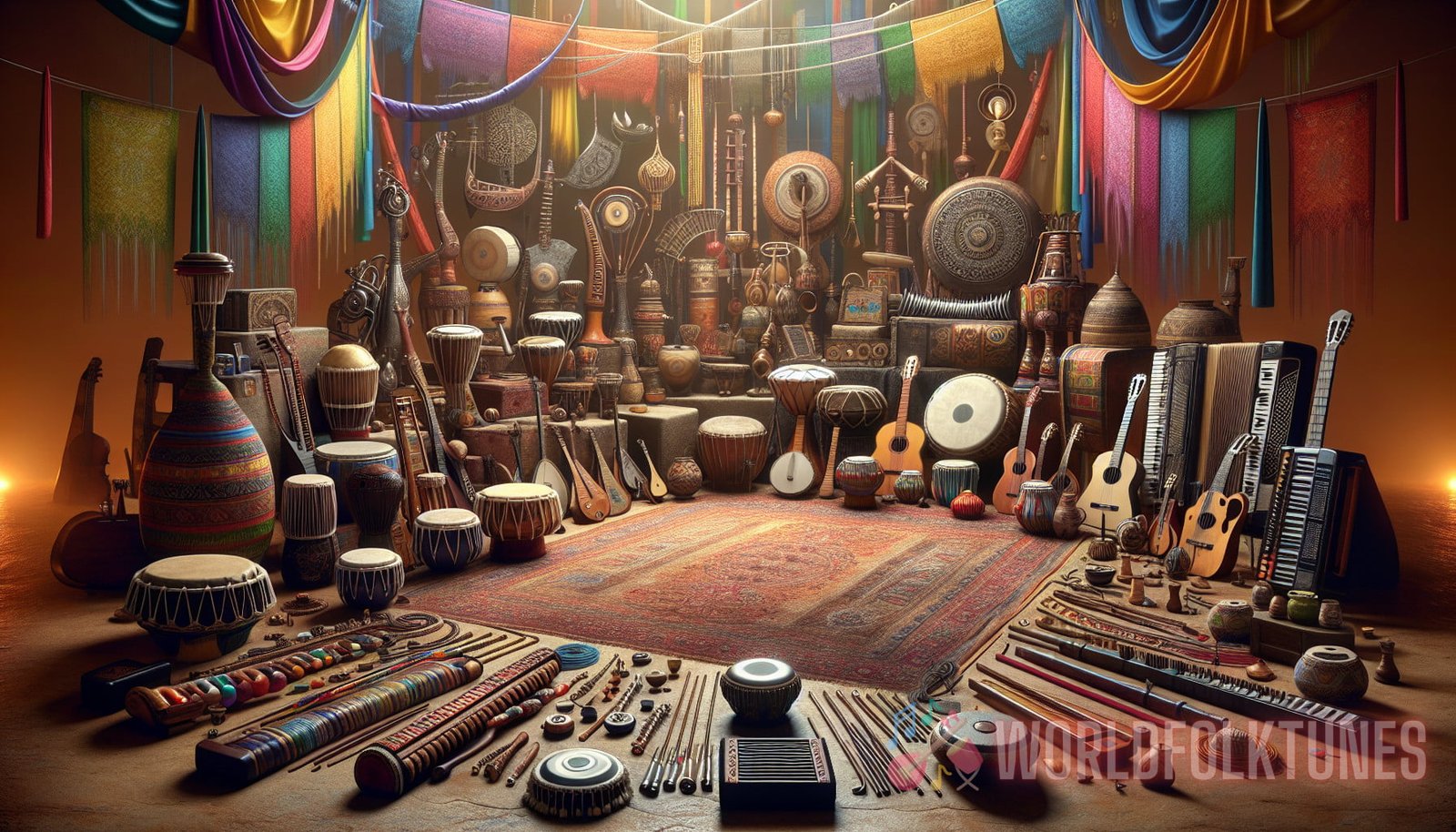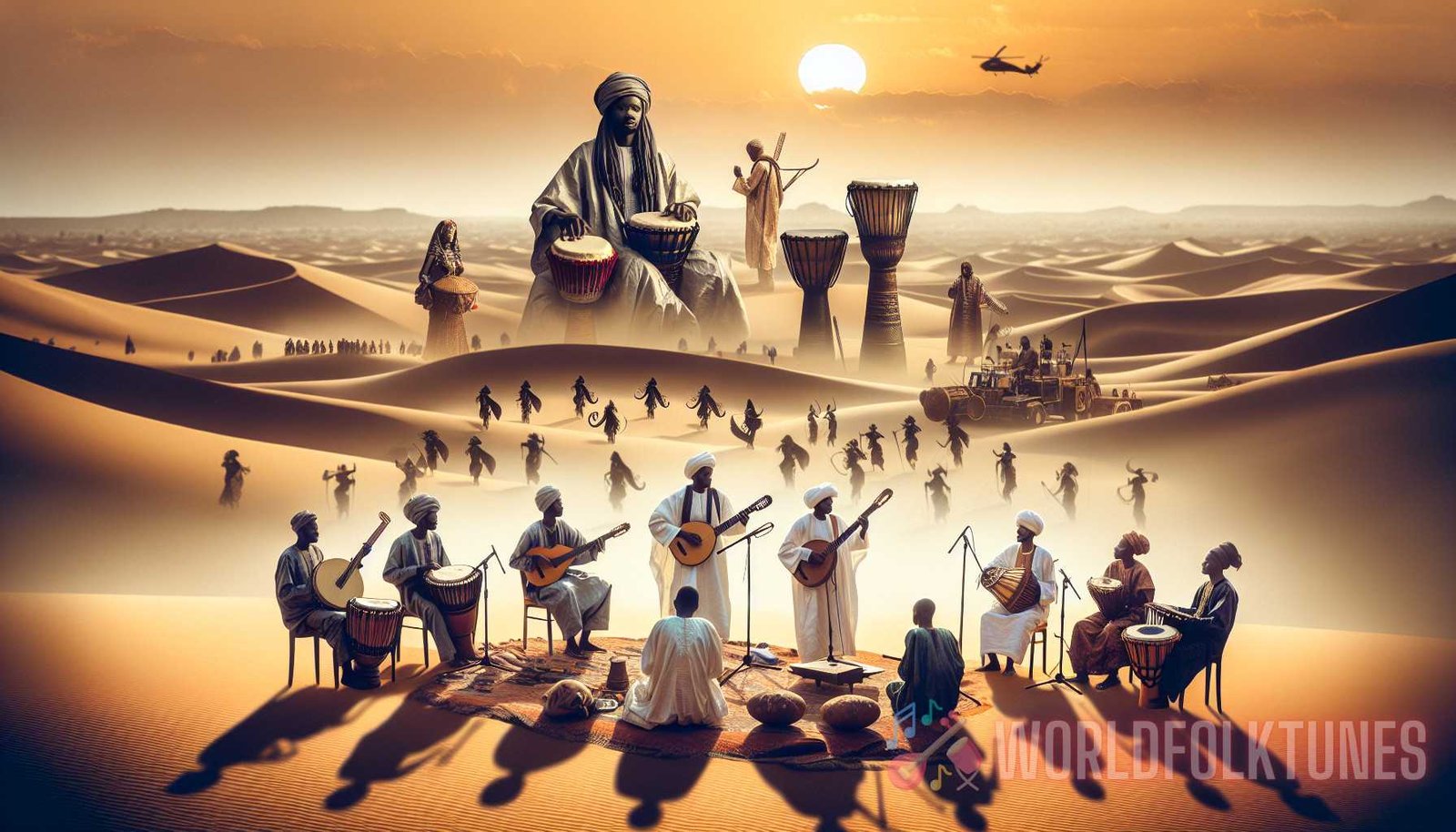The Sonic Tapestry: Unraveling the Cultural Significance of Traditional Music Festivals
Music has the power to transport us to different times, places, and cultures. Traditional music festivals offer a unique opportunity to immerse ourselves in the rich tapestry of global musical traditions. These festivals not only celebrate the beauty of cultural diversity but also serve as crucial platforms for preserving and promoting traditional music.
What are Traditional Music Festivals?
Traditional music festivals are cultural gatherings where musicians, artists, and music enthusiasts come together to celebrate and showcase traditional forms of music. These festivals feature performances from local and international artists who specialize in preserving and promoting traditional music styles.
Unlike mainstream music festivals that are often dominated by popular contemporary genres, traditional music festivals focus on preserving and promoting indigenous musical traditions. These festivals aim to capture the essence of cultural heritage and provide a platform for artists to share their music with a wider audience.
The Historical Roots of Traditional Music Festivals
Traditional music festivals have a long and rich history dating back centuries. Many of these festivals have their origins in ancient cultural practices and rituals. Throughout history, music has always played a central role in community celebrations and religious ceremonies.
Societies around the world have recognized the power of music to bring people together and foster a sense of unity. Traditional music festivals emerged as a way to preserve, pass down, and celebrate cultural heritage through music.
One of the oldest traditional music festivals is the Shrovetide Football in the UK, which dates back to the 12th century. This event combines music, sports, and ancient traditions, attracting participants and spectators from all over the country.
Similarly, the Chinese Lantern Festival, with its roots in ancient agricultural rituals, features traditional musical performances that accompany the colorful lantern displays.
The Cultural Significance of Traditional Music Festivals
Traditional music festivals hold immense cultural significance for communities around the world. These festivals serve as showcases of cultural heritage, bringing together musicians, dancers, artisans, and other artists to celebrate and promote traditional art forms.
Here are some ways in which traditional music festivals contribute to cultural preservation and promotion:
- Preservation of Indigenous Music: Traditional music festivals play a vital role in preserving indigenous music and ensuring its survival. By providing a platform for traditional musicians to perform, these festivals help to pass down musical traditions to future generations.
- Revitalization of Cultural Practices: Many traditional music festivals incorporate traditional dance, crafts, and other cultural practices in addition to music. These festivals help revitalize these practices by reintroducing them to younger generations and fostering a sense of cultural pride and identity.
- Education and Awareness: Traditional music festivals offer opportunities for people from different cultures to learn about and appreciate diverse musical traditions. Through performances, workshops, and interactive experiences, festival-goers can gain a deeper understanding of various cultural practices and the importance of cultural diversity.
- Economic Impact: Traditional music festivals often attract large numbers of tourists and generate significant local economic activity. These festivals boost local businesses, create employment opportunities, and contribute to the overall growth of the community.
- Social Cohesion: Music has the power to bring people together, transcending language and cultural barriers. Traditional music festivals foster a sense of social cohesion, allowing people from different backgrounds to come together, share experiences, and forge connections through music.

Overall, traditional music festivals play a vital role in preserving, promoting, and celebrating cultural diversity. These festivals serve as powerful platforms for artists to share their traditions and for the audience to experience the beauty and richness of different cultures.
Notable Traditional Music Festivals Around the World
Traditional music festivals can be found in every corner of the world, each with its unique cultural flavor and musical offerings. Here are some notable traditional music festivals from different regions:
- International Folk Music Festival, Hungary: This festival held in Budapest celebrates the rich folk music traditions of Hungary and other countries. It showcases a diverse range of traditional music styles, including Hungarian folk songs, dances, and instrumental performances.
- Essence Festival, United States: The Essence Festival held in New Orleans, Louisiana, is a celebration of African-American culture and music. It features performances by renowned African-American artists and serves as a platform for promoting diverse musical genres such as jazz, R&B, and gospel.
- Fleadh Cheoil na hÉireann, Ireland: Fleadh Cheoil is the largest traditional Irish music festival, attracting musicians and music enthusiasts from all over Ireland and beyond. The festival features traditional music competitions, concerts, workshops, and sessions.
Bringing Traditional Music Home: The Rise of Virtual Concerts
The global pandemic in recent years has posed significant challenges to the events industry, including traditional music festivals. However, it has also paved the way for innovative alternatives, such as virtual concerts, which allow audiences to experience the magic of traditional music festivals from the comfort of their homes.
Virtual concerts have gained popularity as a means to connect artists and audiences despite physical limitations. These online events feature live-streamed performances, interactive sessions, and virtual workshops, providing an immersive experience similar to attending a traditional music festival.
Virtual concerts not only allow traditional musicians to continue sharing their music but also provide a convenient and accessible way for global audiences to experience diverse musical traditions. Through technology, traditional music festivals can reach a wider and more diverse audience, transcending geographical boundaries and cultural differences.
For example, World Folk Tunes, an online platform that specializes in traditional music, offers virtual concerts that bring the essence of traditional music festivals directly to the audience’s living rooms. These virtual concerts feature performances by talented traditional musicians from around the world and provide an interactive experience through live chat and Q&A sessions.
Virtual concerts are not meant to replace traditional music festivals but rather to complement them. They offer an alternative way for enthusiasts to engage with traditional music and ensure its continuity, even in challenging times.
Conclusion
Traditional music festivals are more than just musical gatherings. They are powerful expressions of cultural heritage and platforms for preserving and promoting traditional music. These festivals celebrate the diversity of our world, fostering cultural understanding and unity through the universal language of music.
Whether attending a traditional music festival in person or experiencing it virtually, these events allow us to embrace new sounds, rhythms, and melodies, connecting with the past and present of different cultures. So, let the sonic tapestry of traditional music festivals unravel before you, and embark on a melodic journey through the heart and soul of diverse musical traditions.




One thought on “The Sonic Tapestry Article: Exploring the Cultural Significance of Traditional Music Festivals”